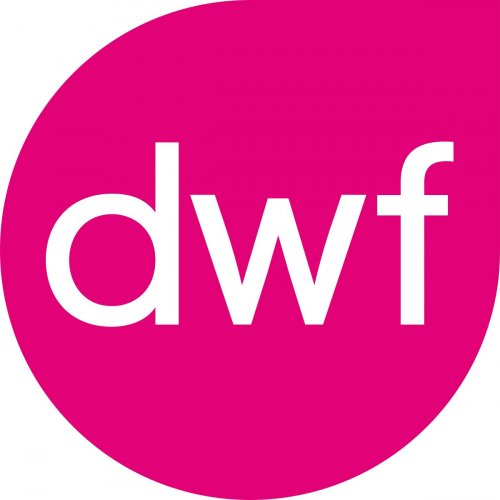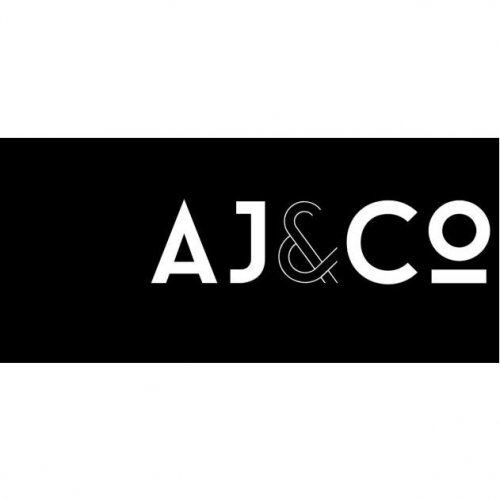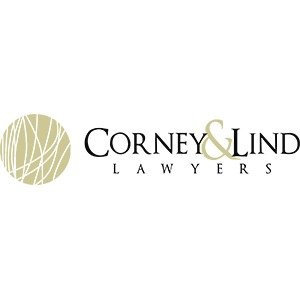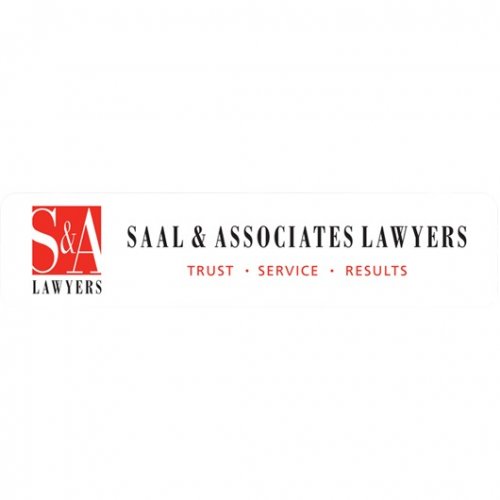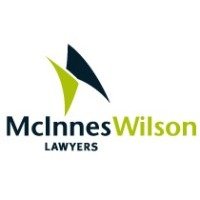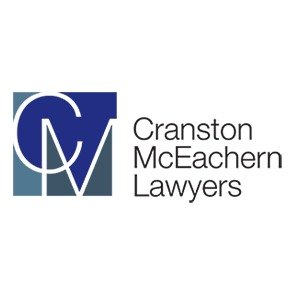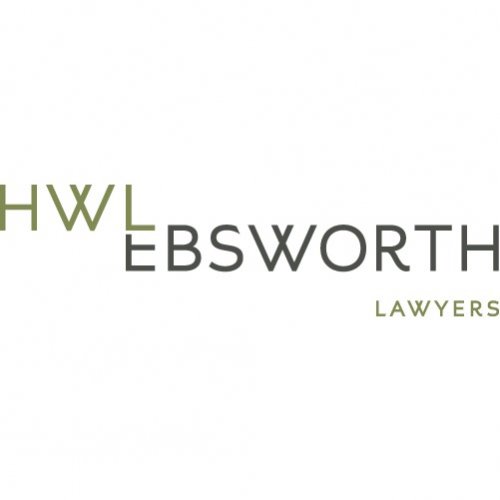Best FDA Law Lawyers in Brisbane
Share your needs with us, get contacted by law firms.
Free. Takes 2 min.
List of the best lawyers in Brisbane, Australia
About FDA Law in Brisbane, Australia
FDA Law in Brisbane, Australia primarily concerns the legal framework regulating food, drugs, medical devices, and therapeutic goods. While Brisbane is governed by Australian federal laws, particularly those administered by the Therapeutic Goods Administration (TGA) and Food Standards Australia New Zealand (FSANZ), professionals and companies in the food, drug, and healthcare sectors must also comply with Queensland specific regulations. FDA Law ensures the safety, efficacy, quality, and proper marketing of health-related products, and breaches can result in significant fines, product recalls, or criminal liability.
Why You May Need a Lawyer
There are several situations where individuals or businesses in Brisbane may require legal advice or representation in FDA Law. Common scenarios include:
- Seeking approval to market or import new therapeutic goods, medical devices, or pharmaceuticals
- Responding to regulatory investigations, warning letters, or enforcement actions by the TGA or FSANZ
- Navigating product recalls or managing adverse event reporting
- Drafting and reviewing product labeling, advertising, and marketing materials to ensure compliance
- Representation during audits or inspections
- Advising on intellectual property issues related to food, drug, or medical device innovations
- Assisting with compliance in importing or exporting regulated products
- Challenging administrative decisions or penalties imposed by regulatory authorities
Local Laws Overview
Brisbane companies and residents are subject to both federal legislation and state-specific requirements governing FDA-related matters. The most significant laws include:
- Therapeutic Goods Act 1989 (Cth): The primary legislation for the regulation of therapeutic goods, including medicines, medical devices, and related products across Australia.
- Food Standards Australia New Zealand Act 1991 (Cth): Establishes FSANZ and underpins food standards, safety, and labelling requirements.
- Queensland Food Act 2006: Provides the framework for food safety and food businesses at the state level, administered locally by Brisbane City Council Environmental Health Services.
- Poisons and Therapeutic Goods Regulation: Governs the handling and distribution of scheduled substances, pharmaceuticals, and poisons in Queensland.
- Consumer Law: The Australian Consumer Law also applies to misleading or deceptive conduct in advertising or selling food and therapeutic products.
Compliance is enforced through registration, licensing, routine inspections, audits, and ongoing monitoring. Violations can result in civil and criminal penalties.
Frequently Asked Questions
What is FDA Law in the Australian context?
Although Australia does not have an agency called the Food and Drug Administration (FDA) like the United States, FDA Law informally refers to the regulation of therapeutic goods, food, and drugs, mainly overseen by the TGA and FSANZ.
Who regulates medicines and medical devices in Brisbane?
The Therapeutic Goods Administration (TGA), an arm of the Australian Government Department of Health, regulates all therapeutic goods, including medicines and medical devices, in Brisbane and throughout Australia.
What is the process for getting a medical product approved in Brisbane?
To legally supply a medical product, it must be entered on the Australian Register of Therapeutic Goods (ARTG). This requires submitting data on safety, quality, and efficacy for TGA review and approval.
Are dietary supplements regulated in Brisbane?
Yes, dietary supplements are considered complementary medicines and regulated by the TGA. Some low risk products may be listed rather than registered but still require compliance.
What are the main food safety responsibilities for Brisbane businesses?
Food businesses must comply with the Queensland Food Act 2006, FSANZ Food Standards Code, and maintain safety through proper handling, labelling, hygiene, and risk management processes.
Can individuals be held liable for FDA Law violations?
Officers of companies, business owners, and responsible persons can be personally liable for breaches, especially if found negligent or deliberately noncompliant.
What actions can regulators take against noncompliance?
Regulatory bodies may issue warnings, impose fines, order product recalls, suspend or cancel licenses, or launch prosecutions for severe breaches.
Is legal assistance recommended for defending regulatory actions?
Legal advice is strongly recommended as regulatory actions can have serious reputational, financial, and legal consequences. Lawyers can negotiate with regulators or represent clients in tribunals or courts.
How can I report concerns about a product in Brisbane?
Consumers can report safety, labeling, or other concerns to the TGA for medicines and therapeutic goods, FSANZ or local council for food, or Queensland Health for poisons and scheduled substances.
Do importers and exporters need to comply with FDA Law?
Yes, all importers and exporters must comply with Australian requirements for registration, safety, labelling, and documentation for FDA regulated goods.
Additional Resources
If you need further information or formal guidance, the following resources can be valuable:
- Therapeutic Goods Administration (TGA) - For medicines, medical devices, and therapeutic goods regulation and compliance documentation
- Food Standards Australia New Zealand (FSANZ) - For food safety standards, additives, labeling requirements, and recalls
- Queensland Health - For public health regulation, poisons, medicines regulation, and scheduled substances
- Brisbane City Council Environmental Health Services - For local food business compliance and inspections
- Australian Competition and Consumer Commission (ACCC) - For consumer law issues related to product marketing and safety
- Legal Aid Queensland - For free or low cost legal help in relevant cases
- Local law practices with experience in FDA, health, and regulatory law
Next Steps
If you believe you need legal assistance in an FDA Law matter, consider the following steps:
- Gather all relevant documentation, including regulatory correspondence, approvals, product information, and any notices received
- Clearly document all concerns, incidents, or potential areas of noncompliance
- Contact a qualified legal professional specialising in FDA Law or regulatory compliance
- Arrange an initial consultation to discuss your issue and determine your legal options
- Follow up with any recommended compliance actions, correspondence, or further legal processes as advised
Engaging a lawyer early can help prevent problems escalating and ensure your rights and obligations are properly managed.
Lawzana helps you find the best lawyers and law firms in Brisbane through a curated and pre-screened list of qualified legal professionals. Our platform offers rankings and detailed profiles of attorneys and law firms, allowing you to compare based on practice areas, including FDA Law, experience, and client feedback.
Each profile includes a description of the firm's areas of practice, client reviews, team members and partners, year of establishment, spoken languages, office locations, contact information, social media presence, and any published articles or resources. Most firms on our platform speak English and are experienced in both local and international legal matters.
Get a quote from top-rated law firms in Brisbane, Australia — quickly, securely, and without unnecessary hassle.
Disclaimer:
The information provided on this page is for general informational purposes only and does not constitute legal advice. While we strive to ensure the accuracy and relevance of the content, legal information may change over time, and interpretations of the law can vary. You should always consult with a qualified legal professional for advice specific to your situation.
We disclaim all liability for actions taken or not taken based on the content of this page. If you believe any information is incorrect or outdated, please contact us, and we will review and update it where appropriate.



